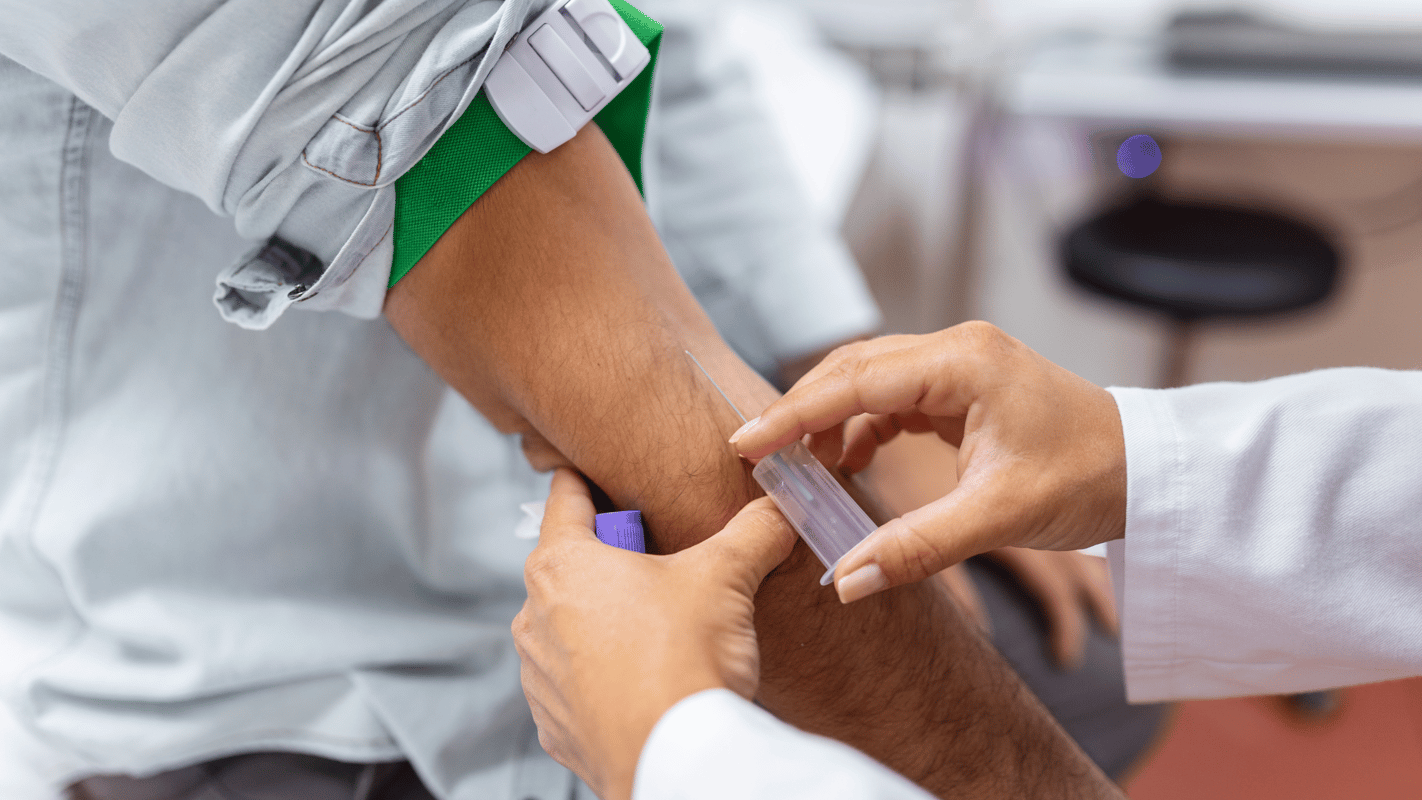How to Become a Phlebotomist in Delaware

What is Phlebotomy?
Phlebotomy is the practice of drawing blood from patients for various medical tests, transfusions, or donations. Phlebotomists are responsible for collecting blood samples, labeling them accurately, and ensuring the safety and comfort of the patient throughout the process.
How Do I Get My Phlebotomy Certification?
After completing a phlebotomy training program, you will need to pass a national certification exam, such as the one offered by the National Phlebotomy Association or the American Society of Phlebotomy Technicians. Once you have passed the exam, you will receive your phlebotomy certification.
How Do I Get a Job as a Phlebotomist?
To get a job as a phlebotomist in Delaware, you can search for openings at local hospitals, clinics, laboratories, and other healthcare facilities. You can also network with healthcare professionals, attend job fairs, and use job search websites to find available positions.
Career Paths and Opportunities after Becoming a Phlebotomist
With a phlebotomy certification, you can pursue a variety of career paths, such as working as a phlebotomist in a hospital or laboratory, becoming a mobile phlebotomist, or even advancing into management or education roles within the field of phlebotomy.
Final Thoughts
Becoming a phlebotomist in Delaware can be a rewarding career path, with opportunities to work in a variety of healthcare settings and contribute to the overall well-being of patients. By completing the necessary education and certification requirements, you can start your journey towards a fulfilling career as a phlebotomist.
Dreambound offers a window into various career paths, so if you're considering a shift in your career, browse through these articles:

Athena is Co-founder and CEO of Dreambound.



